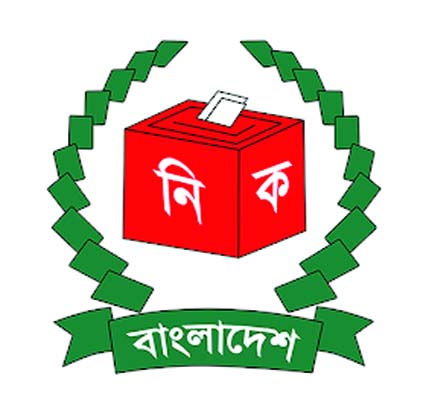Election deadlines deepen political divide

Abu Jakir :
Bangladesh is entering a critical phase of political uncertainty, with opposition parties and civil society groups intensifying calls for sweeping reforms, justice for past abuses, and a definitive electoral roadmap. As tensions rise, the country’s democratic future hangs in the balance.
At the centre of the political turmoil is the opposition Bangladesh Nationalist Party (BNP), which has issued a stern warning that it will launch a mass movement unless national elections are held by December. The party is set to roll out a series of nationwide programmes this month in an effort to galvanise support.
“We have long called for a clear electoral roadmap,” said
Salahuddin Ahmed, a senior BNP leader, in an interview with The New Nation. “We will meet with the Chief Adviser next week to formally reiterate this demand.
If no satisfactory response is received, we will take our message to the streets – alongside other democratic forces.”
The BNP’s position has found resonance among a broader coalition of voices demanding change.
The National Citizen Party (NCP), a newly formed, student-led political movement, is calling for accountability for alleged human rights violations during the tenure of former Prime Minister Sheikh Hasina. The group has stated that elections must be postponed until structural reforms are enacted.
“No election will be permitted without justice and structural change,” declared NCP convener Nahid Islam. On social media, NCP organiser Sarjis Alam went further, suggesting that the interim government – currently led by Nobel Peace Prize laureate Dr Muhammad Yunus – should remain in office until 2029 to oversee a national renewal process.
The conservative religious party Bangladesh Jamaat-e-Islami has also adopted a “reform-first” stance. The party has called for trials addressing historical injustices and a restructuring of state institutions before any vote is held.
“We gained independence through the blood of our youth,” said Professor Mia Golam Porwar, secretary of Jamaat-e-Islami. “After decades of mismanagement, the nation must be rebuilt. A rushed election will not bring about the change we need.”
Meanwhile, civil society is divided. Prominent political commentator Rezaul Karim argued that elections must be held on time to preserve democratic norms. “In a democratic country, there is no alternative to elections,” he wrote on Facebook. “Only representatives chosen by the people can speak for them.”
Others have backed a more unconventional approach. “The time is ripe for a national unity government under Dr Yunus,” suggested political analyst Taib Ahmed. “Justice and reforms must come before the ballot box.”
The interim administration, led by Dr Yunus, is now under mounting pressure as it weighs the prospect of delaying elections in favour of national consensus-building. But any postponement beyond December could provoke a strong backlash.
“Delays could unleash unrest,” warned Dr Abdul Moyeen Khan, a senior BNP leader and standing committee member.
Smaller political parties have also begun aligning themselves with the reformist opposition. The Liberal Democratic Party (LDP) has pledged to collaborate with the BNP and others if the government fails to provide a clear electoral timeline.
“We’re prepared to act,” said LDP Chairman Shahadat Hossain Selim.
With one side pushing for immediate elections and the other demanding fundamental reforms first, Bangladesh stands at a political crossroads. The decisions made in the months ahead are expected to shape the country’s democratic trajectory for years to come.
